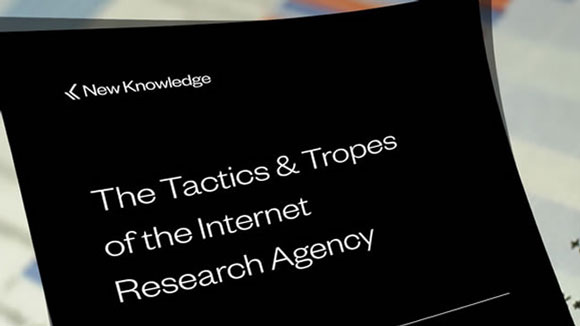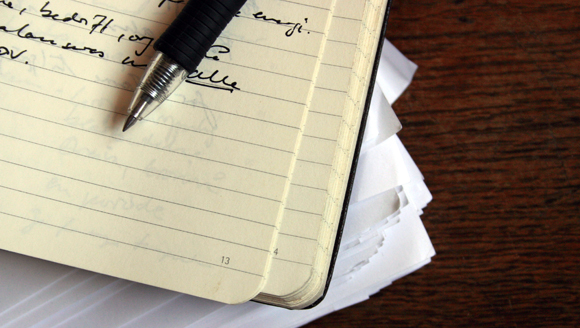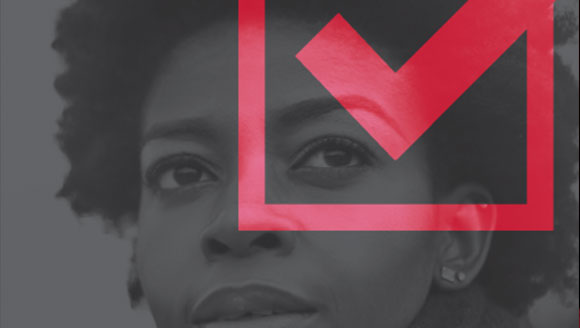A Seat at the Digital Table: Streaming the Movement to a New Target Audience
 Shari Runner
Shari Runner
President and CEO of the Chicago Urban League
Twitter: @ChiUrbanLeague
After more than 100 years of service, the Chicago Urban League is a well-known entity in many circles, but it is not uncommon for Black Chicagoans to have little knowledge of the actual work of the organization. In fact, it is not uncommon for Black Americans to have little knowledge or an antiquated view of the work of the Urban League movement in general.
Unless they take part in our programs, many members of the very communities we aim to uplift instinctively dismiss the National Urban League as an outdated civil rights organization and often see it as irrelevant.
This lack of awareness has real and potential consequences for the National Urban League and its affiliates, including closing off possible sources of support, making it harder to attract the right talent, undermining the effectiveness of our advocacy for equity, and limiting the reach of our work to assist our communities.
So, in the era of always-on media and short attention spans, how do we increase awareness—especially among younger generations who can be particularly challenging to engage? Social media is an obvious play, and we have used it for years to build active engagement with our clients, auxiliaries, and supporters. But we recently turned to a new digital medium to expand our reach.
In 2017, we launched “A Seat at the Table,” a podcast series that has provided new content connections for our social media channels while increasing the Chicago Urban League's visibility as a relevant voice on critical issues. The series tackled "CULture, Race & Equity" in eight pilot episodes covering income inequality, disparities in education, healthcare, public safety, economic disinvestment, and police reform. We partnered with up-and-coming journalist and radio personality Dometi Pongo, a self-described millennial, to facilitate discussions with Chicago leaders working on these issues and to share findings from our Research and Policy Center.
With no traditional advertising, the podcast garnered 61,000 impressions across eight weeks and boosted our social media following. By the final episode, listeners played clips more than 9,000 times, up from 700 plays. Young leaders featured on the podcast shared it with their followers, and it also caught the attention of other civic organizations that provided episode links to their audiences.
The Chicago Urban League podcast has earned us a new seat at the digital table. This 21st century megaphone amplified our issues of concern, our voice, and our strategies by streaming the message, relevance, and ongoing civil rights work of the movement.
###


 Equality Index
Equality Index  Senate Report
Senate Report  2020 SOBA Essays
2020 SOBA Essays  2019 Report
2019 Report 